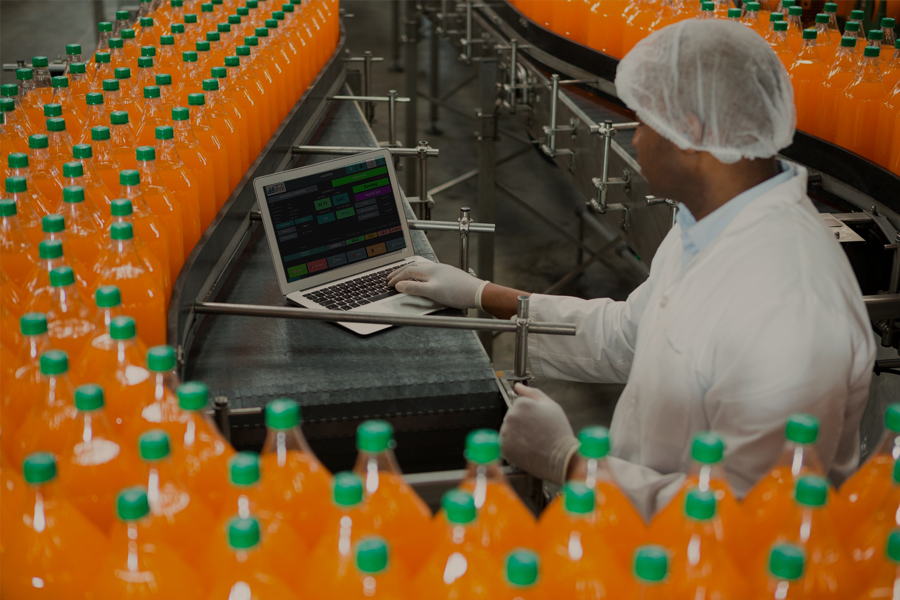Company Background:

Implementation of APS:
Forecasting Demand:
Optimizing Production Sequences:
Efficient Resource Allocation:
The APS system facilitated efficient resource allocation by considering factors such as machine capacity and labor availability. It ensured that the right resources were allocated to each production run, minimizing idle time and maximizing productivity. Additionally, the software provided insights into maintenance schedules, allowing the plant to plan preventive maintenance during low-demand periods to minimize disruptions.
Creating a Nonstop Scheduling Plan:
Based on the demand forecasts, production sequences, and resource availability, the APS system generated a nonstop scheduling plan. This plan aimed to maximize output while minimizing downtime and resource wastage. It considered factors like production line setup, changeovers, and bottling speeds to create an optimized schedule that allowed for continuous production without unnecessary delays.
Benefits and Results:
Implementing APS in the beverage bottling plant resulted in several benefits, including:
Increased production efficiency: The optimized scheduling plan helped the plant to achieve higher production output with reduced idle time and fewer bottlenecks.
Minimized downtime: By considering maintenance requirements and planning preventive maintenance during low-demand periods, the plant experienced fewer unplanned downtime incidents.
Improved resource utilization:
The APS system ensured that resources, including machines and labor, were efficiently allocated, reducing resource wastage and increasing overall productivity.
Enhanced customer satisfaction: With improved production planning and scheduling, the plant could meet customer orders more consistently and deliver products on time, leading to increased customer satisfaction.
Overall, the implementation of APS in the beverage bottling plant streamlined production and scheduling operations, enabling efficient resource allocation, improved production sequences, and a nonstop scheduling plan that maximized output while minimizing downtime and resource wastage.
